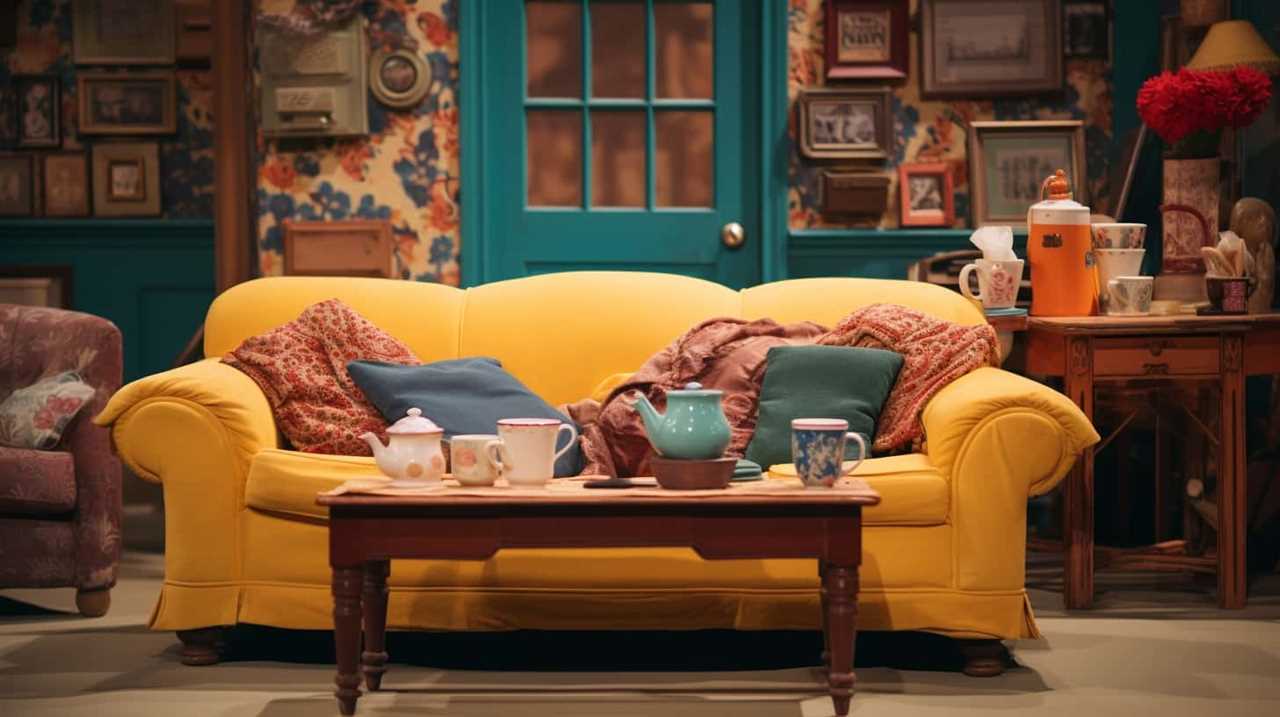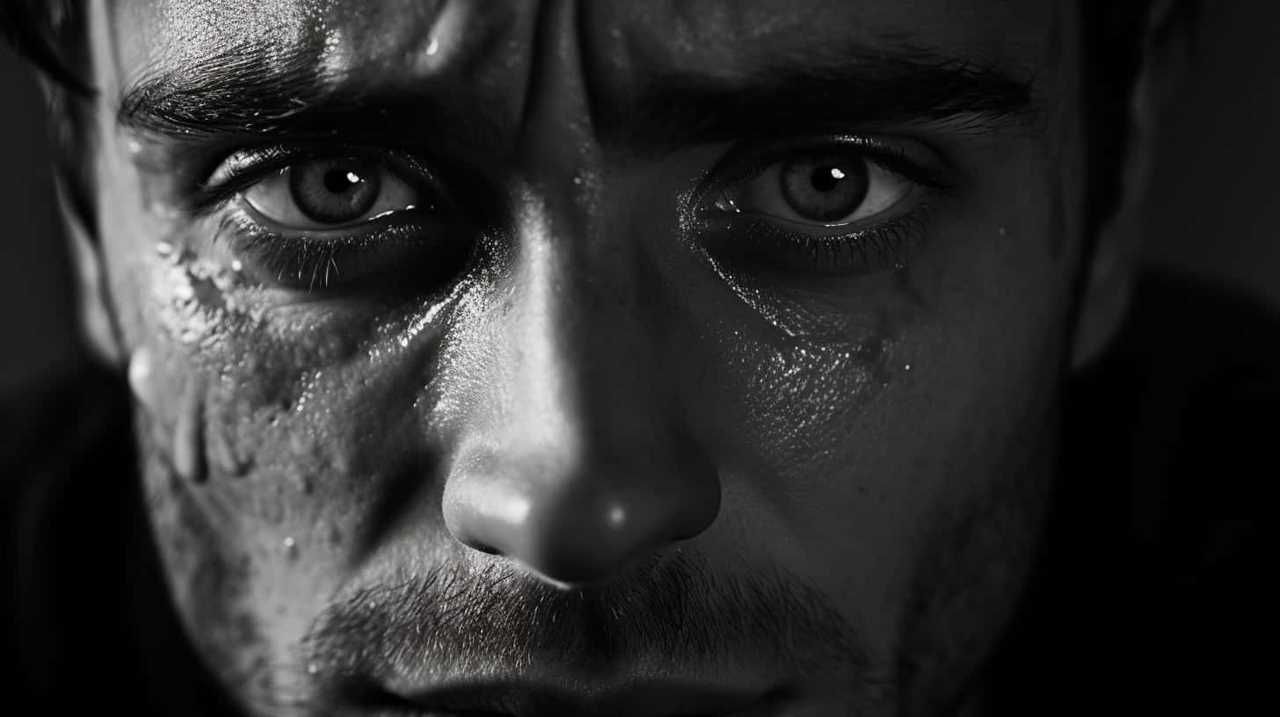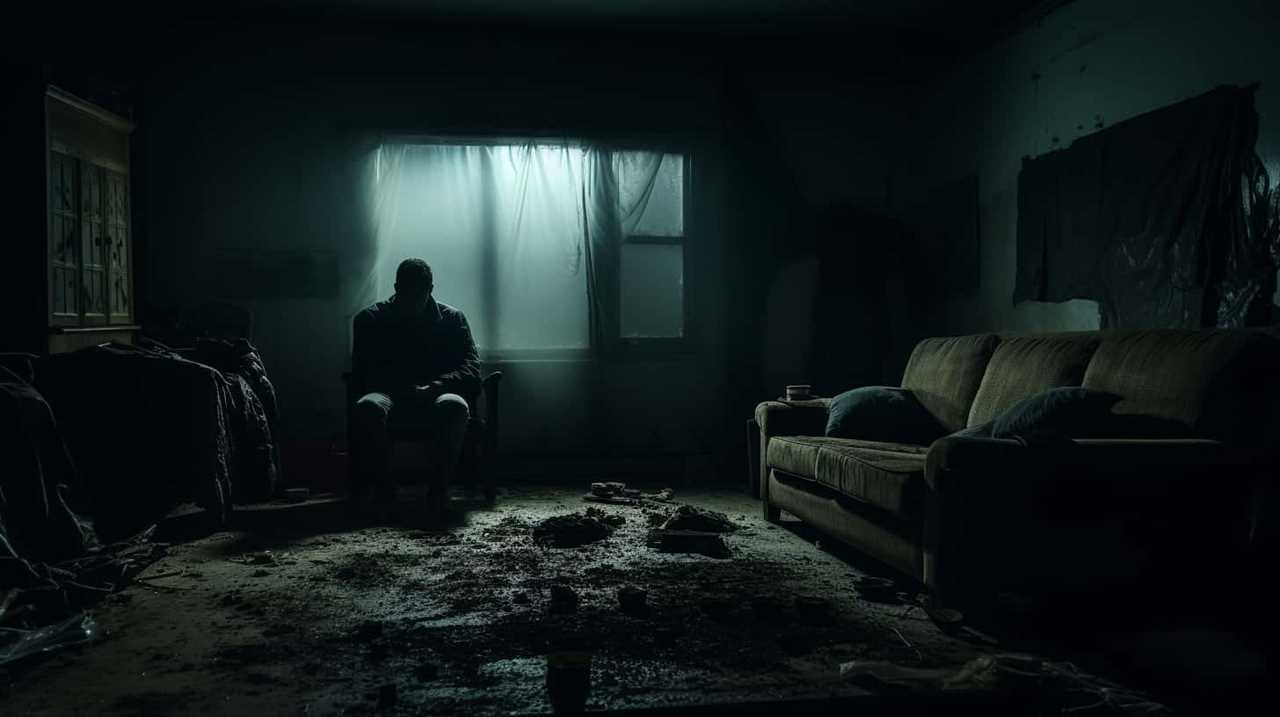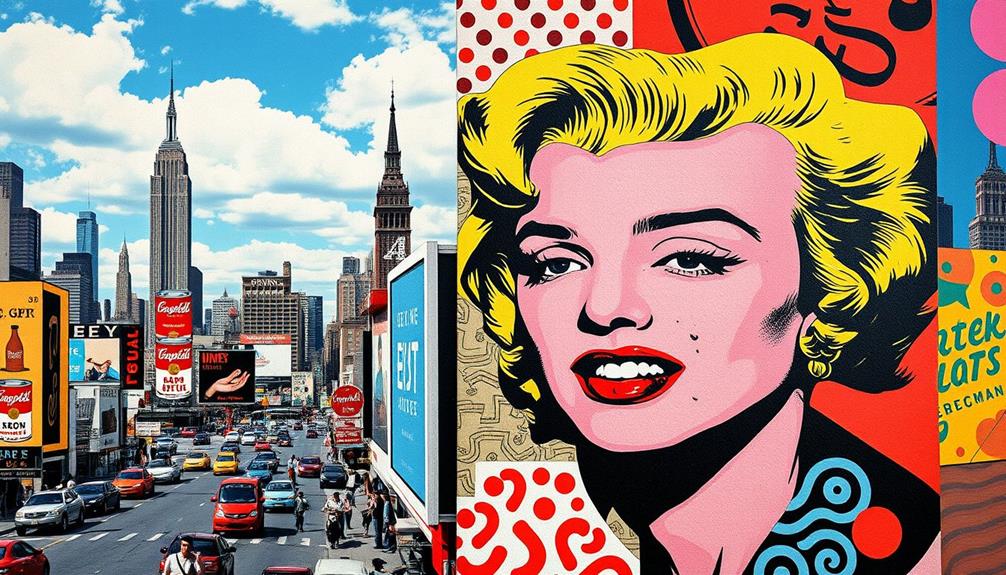Get ready to immerse yourself in the world of sitcom catchphrases that will have you in stitches! Look no further!
We have compiled a list of the top sitcom catchphrases that are sure to spark your laughter and bring a smile to your face.
From the iconic ‘How You Doin’ to the timeless ‘D’oh,’ these catchphrases have become ingrained in pop culture, reminding us of the hilarious moments we’ve shared with our favorite TV characters.
So, grab your popcorn, get ready to chuckle, and join us as we explore the wittiest and most memorable catchphrases that have made sitcoms an endless source of joy and entertainment.

Key Takeaways
- Sitcom catchphrases play a significant role in popular culture, with iconic phrases from shows like Friends, Seinfeld, Family Matters, and Fat Albert and the Cosby Kids.
- These catchphrases are often associated with specific characters and their comedic mishaps, evoking laughter and nostalgia among fans.
- Catchphrases like ‘Did I Do That’ from Family Matters and ‘Hey, Hey, Hey’ from Fat Albert and the Cosby Kids highlight relatable experiences and innocent mistakes, resonating with audiences.
- Catchphrases such as ‘Bazinga’ from Sheldon Cooper in The Big Bang Theory and ‘D’oh’ from Homer Simpson in The Simpsons have become sensations, contributing to the lasting impact of their respective shows on sitcom history.
How You Doin
In our exploration of the top sitcom catchphrases to spark your laughter, let’s dive into the iconic phrase ‘How You Doin?’ that has become a cultural sensation.
This catchphrase, made famous by the character Joey Tribbiani on the hit sitcom Friends, has ingrained itself in our collective memory and continues to be a source of amusement and cultural references. ‘How You Doin?’ perfectly encapsulates Joey’s suave and flirtatious personality. With a wink and a charming smile, he effortlessly delivers this line to anyone he encounters, leaving both the characters on the show and the audience in stitches. The phrase has become synonymous with confidence and playfulness, making it a go-to pick-up line for many.
But its impact on pop culture goes beyond the world of Friends. ‘How You Doin?’ has been quoted and referenced in countless movies, TV shows, and even advertising campaigns. It has found its way into everyday conversations, becoming a lighthearted way to break the ice or check in on someone’s well-being.
What’s the Deal With
When it comes to sitcom catchphrases, one that never fails to make us laugh and ponder is ‘What’s the deal with.’ This iconic phrase, popularized by the legendary comedian Jerry Seinfeld in his self-titled show, is a perfect example of the cultural significance of catchphrases in comedy. With its witty and observational tone, ‘What’s the deal with’ became a staple in Seinfeld’s routine, allowing him to poke fun at the absurdities of everyday life.
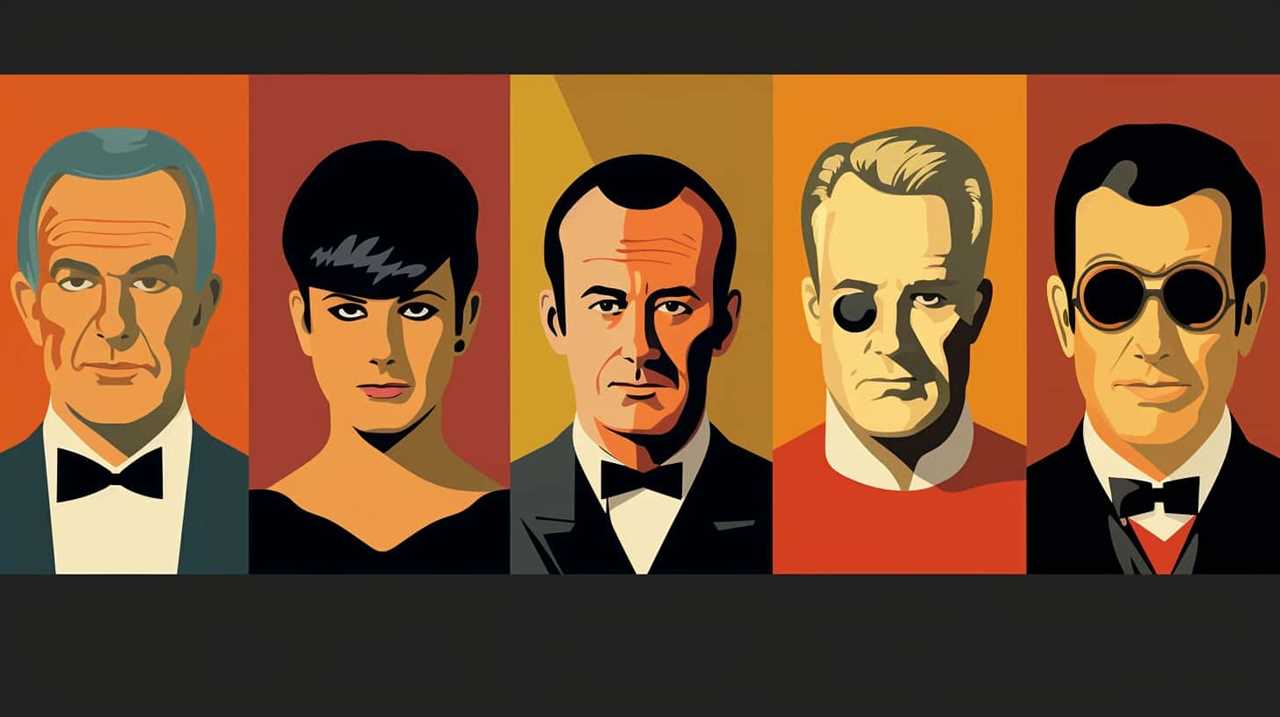
The comedic impact of catchphrases like ‘What’s the deal with’ lies in their ability to encapsulate a common sentiment or frustration in a concise and humorous manner. By asking this rhetorical question, Seinfeld invites the audience to join him in questioning the peculiarities and idiosyncrasies of the world around us.
Catchphrases such as ‘What’s the deal with’ also serve as a linguistic shortcut, instantly evoking the humor and style of the sitcom. They become a shared language between fans, creating a sense of community and allowing for endless quoting and inside jokes.
Now that we’ve explored the cultural significance and comedic impact of catchphrases like ‘What’s the deal with,’ let’s move on to another unforgettable phrase from the annals of sitcom history – ‘no soup for you.’
No Soup for You
Let’s dive into the iconic catchphrase ‘No soup for you’ from the sitcom Seinfeld. This memorable line is uttered by the character known as the Soup Nazi, played by actor Larry Thomas. The Soup Nazi is a strict and eccentric soup vendor known for his impeccable soups but equally notorious for his strict rules and lack of patience. The phrase ‘No soup for you’ became an instant classic, often referenced in pop culture and even inspiring soup controversies in real life.

The line perfectly captures the no-nonsense attitude of the Soup Nazi and has become synonymous with denying someone something they desire. It’s a Seinfeld reference that has transcended the show itself, finding its way into everyday conversations and even comedic sketches.
Transitioning into the next section about ‘did I do that’, we move from the soup controversies of Seinfeld to another iconic catchphrase from the sitcom Family Matters. So, buckle up and prepare for some nostalgia as we explore the famous line made famous by the lovable character Steve Urkel.
Did I Do That
We often find ourselves amused by the comedic mishaps and blunders of our favorite sitcom characters, and one iconic catchphrase that perfectly captures this is ‘Did I Do That’.
This popular catchphrase from the hit show Family Matters has become a staple in pop culture, representing those moments when a character unintentionally causes chaos or makes a hilarious mistake. Similar to ‘d’oh’, the iconic phrase from The Simpsons, ‘Did I Do That’ has the power to instantly evoke laughter and bring back memories of some truly unforgettable moments on screen.

- It reminds us of the lovable yet clumsy character Steve Urkel, whose well-intentioned actions always ended in disaster.
- It highlights the relatable experience of making an innocent mistake and immediately regretting it.
- It showcases the comedic genius of Jaleel White, who brought Steve Urkel to life with his impeccable timing and physical comedy.
- It serves as a reminder that even the most well-meaning individuals can sometimes create chaos without even realizing it.
Whether it’s accidentally breaking something valuable or causing a hilarious chain of events, ‘Did I Do That’ captures the essence of sitcom humor and continues to be a beloved catchphrase among fans of Family Matters.
Hey, Hey, Hey
Continuing our exploration of iconic sitcom catchphrases, let’s now delve into the subtopic of ‘Hey, Hey, Hey’, a memorable phrase that brings to mind a beloved character and his infectious charm. This catchphrase, made famous by the lovable character Fat Albert, has become a timeless part of pop culture.
Fat Albert, created by comedian Bill Cosby, first appeared in the 1972 animated series "Fat Albert and the Cosby Kids." The show followed the adventures of a group of young friends living in a Philadelphia neighborhood. Fat Albert, with his distinctive voice and warm-hearted nature, quickly became a fan favorite. His catchphrase, "Hey, Hey, Hey," was a joyful expression that perfectly embodied his playful spirit.
The power of catchphrases in pop culture cannot be underestimated. They have the ability to transcend their original context and become ingrained in the collective consciousness. Let’s take a look at the impact of Fat Albert’s catchphrase in the table below:
![]()
| Catchphrase | Show | Year |
|---|---|---|
| "Hey, Hey, Hey" | Fat Albert and the Cosby Kids | 1972-1985 |
| "Did I Do That?" | Family Matters | 1989-1998 |
| "D’oh!" | The Simpsons | 1989-present |
| "How you doin’?" | Friends | 1994-2004 |
| "Yada, yada, yada" | Seinfeld | 1989-1998 |
As we can see, "Hey, Hey, Hey" stands alongside other iconic catchphrases from classic sitcoms, showcasing its lasting impact on television history. These catchphrases have become more than just words; they are cultural touchstones that continue to bring joy and laughter to audiences worldwide.
Bazinga
Get ready to enter the world of Sheldon Cooper and his iconic catchphrase, ‘Bazinga.’
As one of the most popular sitcoms of all time, The Big Bang Theory introduced us to the genius and eccentricity of Sheldon, and his witty one-liner became a sensation.
With its perfect timing and unexpected delivery, ‘Bazinga’ has become a cultural phenomenon, earning its place among the top sitcom catchphrases that never fail to spark laughter.

Sheldon’s Iconic Catchphrase
As we delve into the topic of Sheldon’s iconic catchphrase (Bazinga), we’re confronted with his clever use of a compound preposition to add humor to the sitcom. Sheldon’s catchphrase, ‘Bazinga,’ has gained immense popularity and has had a significant impact on pop culture. Here are four reasons why Sheldon’s catchphrase continues to resonate with audiences:
- Surprise factor: The unexpected nature of Sheldon’s ‘Bazinga’ catches viewers off guard, resulting in genuine laughter.
- Memorable delivery: Jim Parsons’ impeccable timing and delivery make the catchphrase even more amusing and unforgettable.
- Social currency: Using ‘Bazinga’ in conversations has become a way for fans to connect and showcase their knowledge of the show.
- Memes and references: ‘Bazinga’ has been widely shared and referenced online, solidifying its place in internet culture.
Sheldon’s catchphrase has become a symbol of innovation in sitcom humor, leaving audiences eagerly awaiting his next prank.
The Big Bang Theory
Moving on to ‘The Big Bang Theory (Bazinga),’ we can’t help but appreciate the impact this sitcom has had on popular culture with its clever use of Sheldon’s iconic catchphrase. Sheldon, with his quirks and peculiarities, quickly became a fan favorite. One of his most memorable moments is when he unleashes his infamous catchphrase, ‘Bazinga!’ This simple word has become synonymous with Sheldon’s humor and has even made its way into everyday conversations.
But ‘The Big Bang Theory’ isn’t just about Sheldon’s quirks; it also gave us Penny. Throughout the series, we witnessed Penny’s character development, transforming from a struggling actress to a successful pharmaceutical sales representative. Her journey added depth to the show, showing us that growth and change are possible even in the most unlikely of places.

‘The Big Bang Theory’ truly captivated audiences with its blend of comedy, science, and relatable characters, leaving a lasting impact on sitcom history.
Popularity of Bazinga
We can’t deny the enormous popularity of Sheldon’s catchphrase, ‘Bazinga,’ which has become a cultural phenomenon. This witty word has taken the world by storm, leaving us in stitches every time it’s uttered. Here’s why ‘Bazinga’ has become so beloved:
- Instant Laughter: The mere mention of ‘Bazinga’ brings a smile to our faces and leaves us eagerly waiting for the punchline.
- Iconic Character: Sheldon Cooper’s quirky personality and his love for science make ‘Bazinga’ the perfect catchphrase for him.
- Memorable Moments: ‘Bazinga’ has been a recurring gag throughout The Big Bang Theory, ensuring its place in sitcom history.
- Pop Culture Impact: From t-shirts to memes, ‘Bazinga’ has transcended the show and infiltrated our everyday lives.
Now, let’s move on to another iconic catchphrase with a similar cultural impact – ‘d’oh’.
D’oh
Now, let’s talk about one of the most iconic catchphrases in television history: ‘D’oh’.

Made famous by the lovable bumbling father, Homer Simpson, this exclamation has become synonymous with hilarious mistakes and moments of exasperation.
Its universal appeal lies in its simplicity and relatability, making it a memorable catchphrase that has stood the test of time.
From its humble beginnings on ‘The Simpsons’ to its widespread usage in popular culture, ‘D’oh’ has undoubtedly left an indelible mark on our comedic consciousness.
Iconic Simpson’s Catchphrase
Although it’s often associated with The Simpsons, the iconic catchphrase ‘D’oh’ has become a widely recognized and humorous expression. Its cultural impact can’t be ignored, as it has permeated popular culture and become a symbol of frustration and comedic relief.

Here’s why ‘D’oh’ continues to captivate audiences:
- Universality: ‘D’oh’ transcends language barriers and is understood worldwide, showcasing its universal appeal.
- Versatility: The catchphrase can be used in various situations, from minor mishaps to major blunders, making it incredibly versatile.
- Memorable Characters: ‘D’oh’ is closely tied to the beloved character of Homer Simpson, adding depth to its comedic value.
- Catchy Sound: The way ‘D’oh’ is pronounced, with its drawn-out ‘o’ sound, adds to its comedic effect and makes it instantly recognizable.
Memorable TV Catchphrase
One of the most memorable TV catchphrases to bring laughter to our screens is the iconic ‘D’oh’ from The Simpsons. This simple, yet brilliant, exclamation of frustration has become synonymous with the animated series and has had a significant impact on popular culture.
But ‘D’oh’ isn’t the only catchphrase that has made its mark on television. Another prime example is the catchphrase ‘How you doin’?’ from the beloved sitcom Friends. This line, famously delivered by Joey Tribbiani, has become a cultural phenomenon, with people using it as a playful icebreaker or to express curiosity in a lighthearted manner.
Catchphrases like these have the power to transcend the small screen, becoming part of our everyday language and bringing joy to our lives.

Cultural Impact of "D’oh
The cultural impact of ‘D’oh’ has spanned decades, becoming ingrained in popular culture and making its way into everyday language. This iconic catchphrase from ‘The Simpsons’ has achieved a level of cultural significance that few phrases can claim. Its linguistic influence is undeniable, as ‘D’oh’ has become a widely recognized expression of frustration or realization.
- It has been added to the Oxford English Dictionary, solidifying its place in the English language.
- ‘D’oh’ has been referenced and parodied in numerous television shows, movies, and even political speeches.
- The catchphrase has spawned a wide array of merchandise, from t-shirts to coffee mugs, further embedding it in our daily lives.
- ‘D’oh’ has become a symbol of the show’s enduring popularity and has helped cement ‘The Simpsons’ as one of the most influential sitcoms in television history.
The cultural impact of ‘D’oh’ is a testament to the show’s ability to connect with audiences and create moments that resonate long after the laughter fades.
I’m the King of the World
As fans of sitcoms, we can’t help but chuckle when a character confidently proclaims themselves to be the ruler of the world. One memorable example of this catchphrase comes from the hit TV show, ‘The Big Bang Theory.’ In an episode, Sheldon Cooper, played by Jim Parsons, declares, ‘I’m the King of the World!’ This line isn’t only hilarious but also showcases Sheldon’s eccentric and overconfident personality.
Sheldon’s proclamation of being the ‘King of the World’ reflects his unwavering self-assurance and belief in his intellectual superiority. It has become one of the most iconic catchphrases from the show, often used by fans to express moments of self-assuredness in their own lives.

The phrase ‘I’m the King of the World’ has transcended its original context and is now a popular cultural reference. It’s often used humorously in various situations, both in and outside of sitcoms, to playfully assert dominance or confidence.
Transitioning to the next section, another famous sitcom catchphrase that has left us in stitches is ‘That’s what she said.’ Let’s dive into the hilarity behind this innuendo-laden expression.
That’s What She Said
As we continue our journey through the top sitcom catchphrases, it’s time to discuss the infamous ‘That’s What She Said.’
Popularized by The Office, this catchphrase is a prime example of double entendre humor. It’s a clever way to inject innuendos into everyday conversations, leaving us all giggling like schoolchildren.

Popularized by The Office
We can’t talk about sitcom catchphrases without mentioning the iconic phrase popularized by The Office: ‘That’s What She Said’. This hilarious one-liner became a staple in pop culture, thanks to the comedic influence of The Office and its iconic characters.
Here are four reasons why this catchphrase continues to spark laughter and innovation:
- Memorable Delivery: The impeccable timing and deadpan delivery of Steve Carell as Michael Scott made every ‘That’s What She Said’ moment unforgettable.
- Universal Applicability: Whether it’s a double entendre or a simple innuendo, this catchphrase can be applied to almost any situation, making it endlessly adaptable and consistently funny.
- Subverting Expectations: The unexpected nature of the phrase adds an element of surprise, keeping audiences on their toes and guaranteeing laughs.
- Cultural Impact: ‘That’s What She Said’ has seeped into everyday conversations, becoming a go-to punchline for witty banter and clever comebacks.
The Office’s comedic genius and its unforgettable catchphrase continue to shape the sitcom landscape, inspiring new comedic possibilities and tickling our funny bones.
Double Entendre Humor
Our favorite sitcom catchphrase, ‘That’s What She Said’, is a prime example of double entendre humor. This clever phrase has become a staple in popular culture, thanks to its frequent use in the hit show The Office. Double entendre, the art of innuendo and wordplay in comedy, has been a long-standing tradition in classic sitcoms. It adds a layer of humor that engages the audience and keeps them laughing.

The use of cleverly ambiguous phrases allows for multiple interpretations, often with a humorous twist. This type of humor requires a quick wit and a clever mind to deliver the punchline effectively. Double entendre humor has become a beloved aspect of sitcoms, showcasing the creativity and innovation of comedic writers.
Now, let’s transition into the next section and explore the importance of having faith in sitcom catchphrases.
You’ve Got to Have Faith
Believing in something greater than ourselves is essential for finding joy and fulfillment in life. It’s no wonder that faith plays a significant role not just in our personal lives, but also in the world of sitcoms. Sitcoms have a unique way of capturing the power of catchphrases and using them to inspire and entertain audiences.
Here are four reasons why faith in sitcoms and the power of catchphrases go hand in hand:

- A source of hope: Sitcom catchphrases like ‘Have faith!’ or ‘Believe in yourself!’ serve as reminders that no matter what challenges we face, there’s always hope. These catchphrases encourage us to stay positive and keep believing in a brighter future.
- Unifying factor: Sitcom catchphrases often become shared jokes and references among fans. They create a sense of community and connection, allowing viewers to bond over their love for a particular show and its faith-inspired catchphrases.
- Comic relief: Faith-themed catchphrases in sitcoms can provide a much-needed dose of humor. They lighten the mood and bring a smile to our faces, reminding us not to take life too seriously.
- Inspiration for personal growth: Sitcoms often use catchphrases to convey important life lessons. Faith-inspired catchphrases encourage us to step out of our comfort zones, take risks, and embrace new experiences, ultimately leading to personal growth and self-discovery.
Frequently Asked Questions
How Did the Catchphrase "How You Doin" Become Popular and Who Was the First Character to Say It?
We’re glad you asked! The catchphrase "How you doin’" became popular thanks to the character Joey Tribbiani from the sitcom Friends. As for the catchphrase "no soup for you," it originated in Seinfeld.
What Is the Origin of the Catchphrase "No Soup for You" and in Which Sitcom Was It Originally Used?
The origin of the catchphrase ‘no soup for you’ can be traced back to the sitcom ‘Seinfeld’. It gained popularity for its hilarious delivery and became a cultural phenomenon, just like the iconic catchphrase ‘how you doin’!
Why Did the Character Steve Urkel Repeatedly Say "Did I Do That" in the Sitcom "Family Matters"?
Did I do that? Steve Urkel’s iconic catchphrase in Family Matters became a symbol of his clumsiness and endearing nature. Catchphrases like these add depth and humor to sitcoms, making them unforgettable.
Is There Any Specific Reason Why the Catchphrase "Hey, Hey, Hey" Was Used by a Particular Character in a Sitcom?
The catchphrase ‘hey, hey, hey’ in the sitcom had a specific reason behind it. Catchphrases like these have a huge influence and impact on sitcoms, adding a touch of humor and making them memorable.
![]()
How Did the Catchphrase "That’s What She Said" Gain Popularity and in Which Sitcom Was It First Introduced?
That’s what she said! This iconic catchphrase gained popularity due to its clever double entendre nature. It was first introduced in the sitcom "The Office" and quickly became a cultural phenomenon, showcasing the impact of catchphrases on sitcom popularity.
Conclusion
In the world of sitcoms, catchphrases have become the secret ingredient to tickle our funny bones and keep us hooked. Like a refreshing sip of laughter, these catchphrases have the power to transport us to a world of hilarity and leave us craving for more.
So, next time you need a good chuckle, just remember these iconic lines. From Joey’s smooth ‘How You Doin” to Kramer’s bewildered ‘Did I Do That,’ these catchphrases are the perfect recipe for laughter.
Get ready to dive into the sitcom universe and let these catchphrases work their magic. You won’t be disappointed!
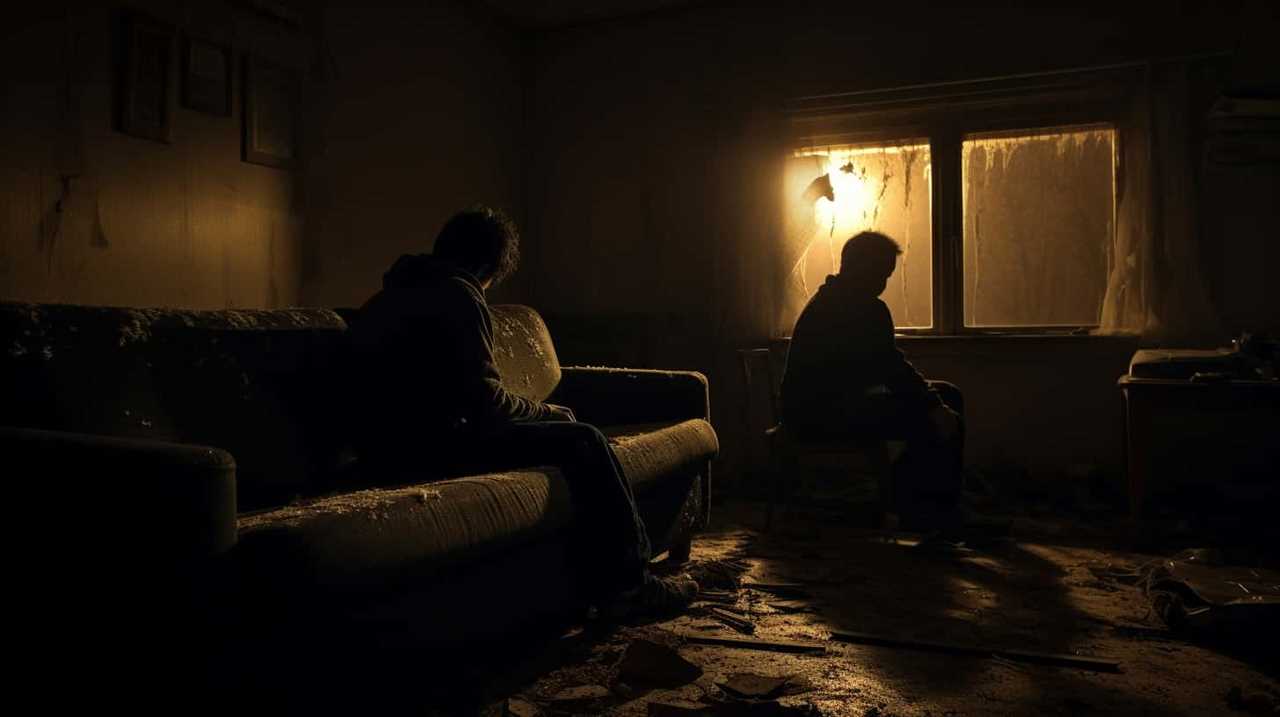
Lauren’s talent in writing is matched by her passion for storytelling. Her love for books and deep understanding of culture and entertainment add a distinct flavor to her work. As our media and press contact, Lauren skillfully bridges the gap between afterQuotes and the broader media landscape, bringing our message to a wider audience.



